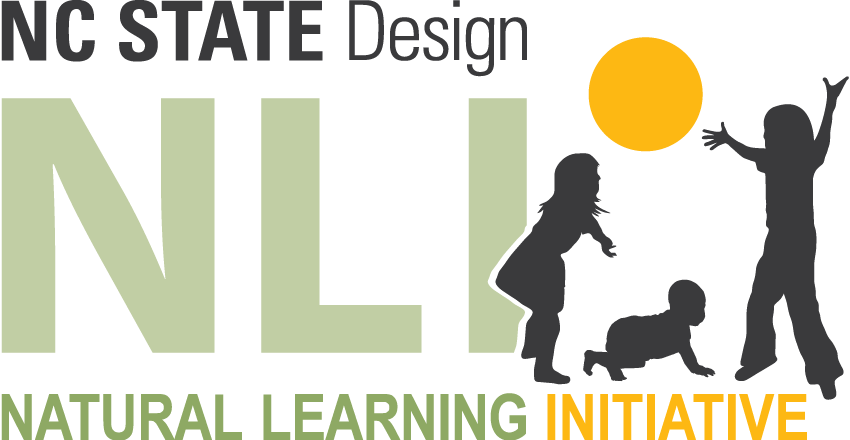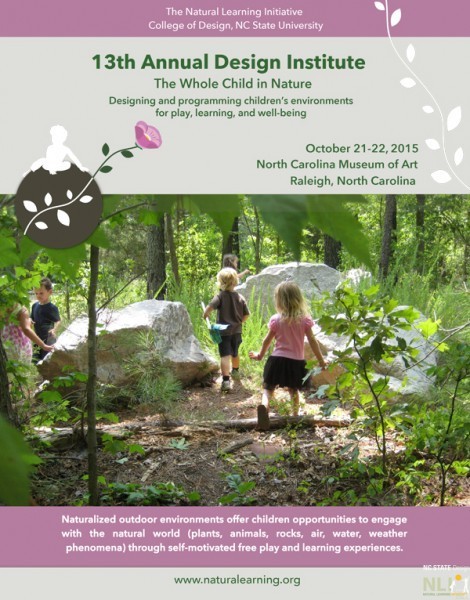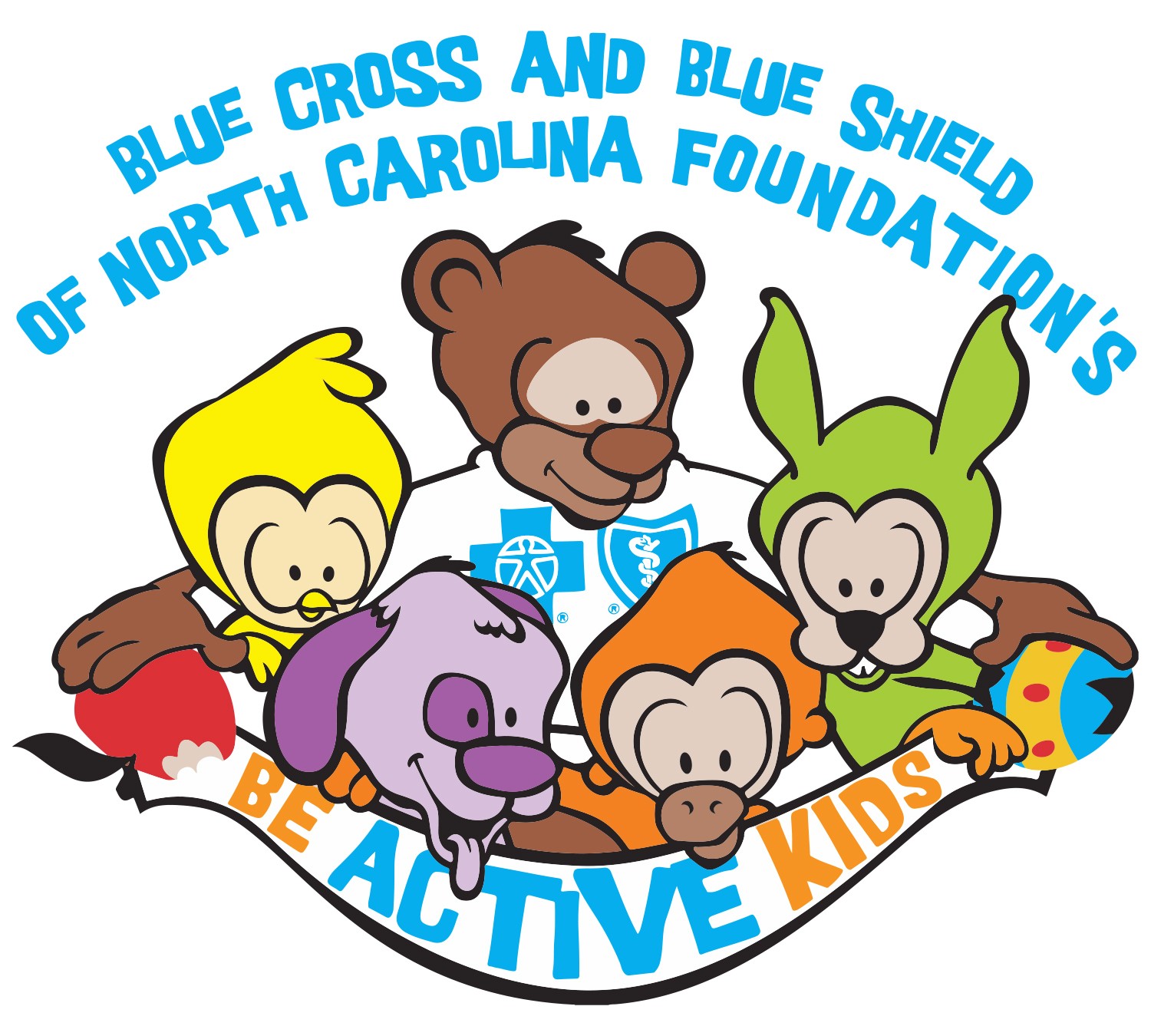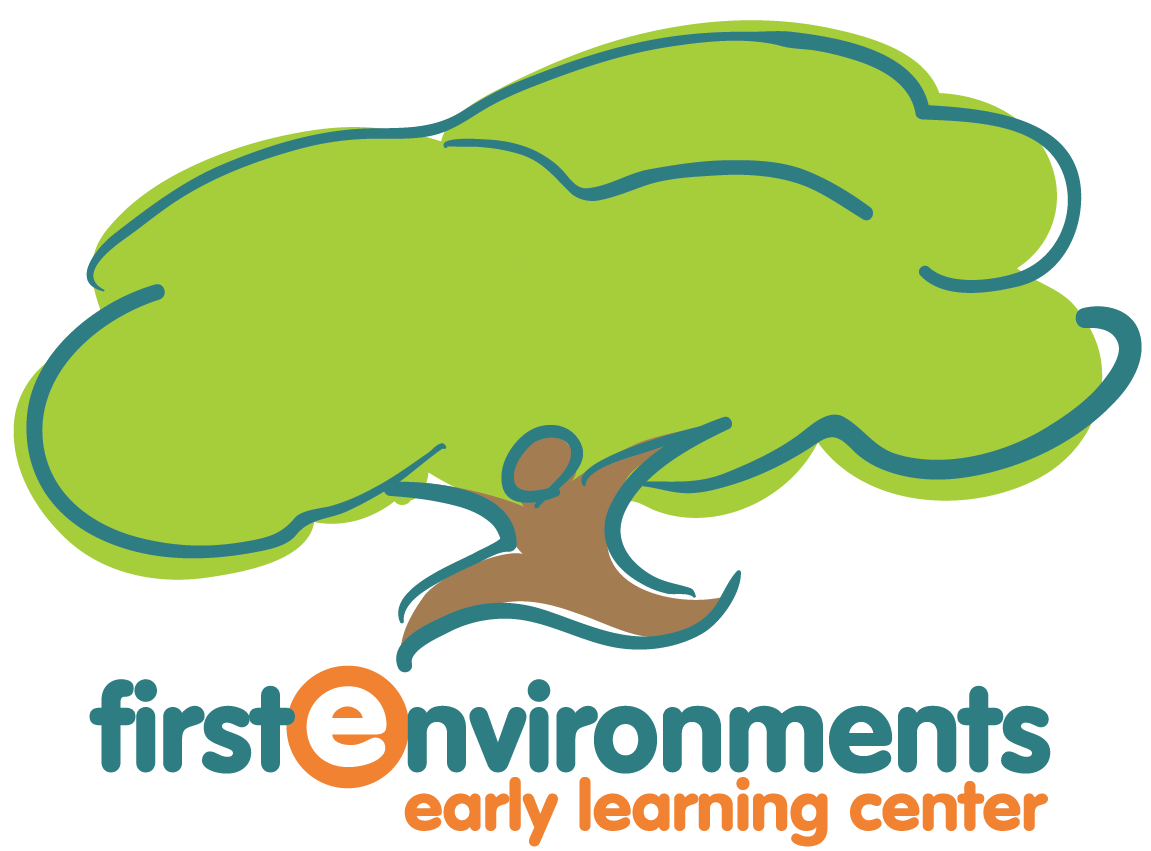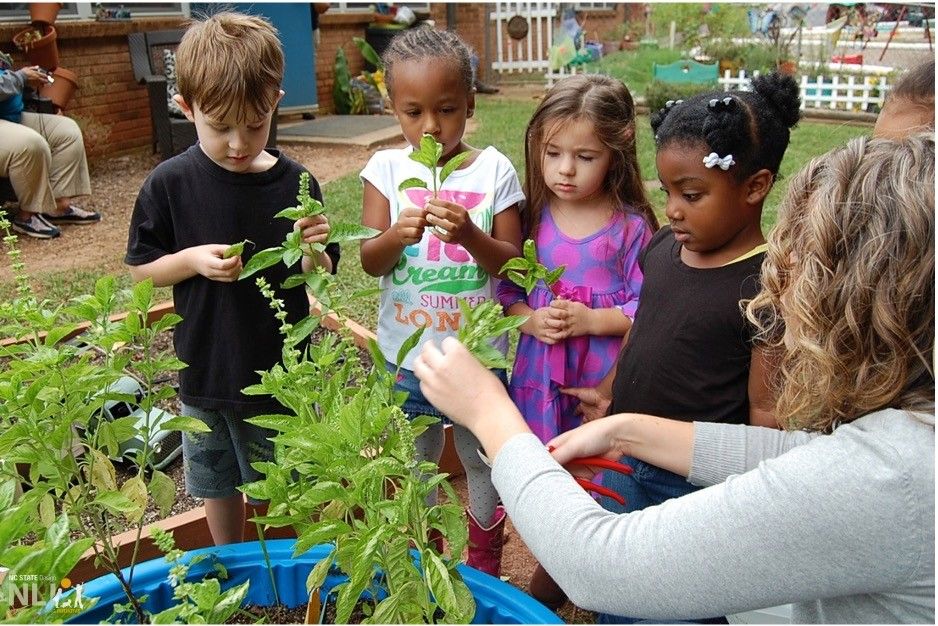13th Annual NLI Design Institute
The Whole Child In Nature
Designing and programming children’s environments for play, learning, and well-being. Learn how naturalized outdoor environments offer children opportunities to engage with the natural world (plants, animals, rocks, air, water, weather phenomena) through self-motivated free play and learning experiences.
This year the event took place at the North Carolina Museum of Art.
Speakers
 Nilda Cosco, PhD, Director of Programs, Natural Learning Initiative, College of Design, NC State University. Outdoor Environments for the Whole Child
Nilda Cosco, PhD, Director of Programs, Natural Learning Initiative, College of Design, NC State University. Outdoor Environments for the Whole Child
Considering the child as a whole person is not a new idea. However, we tend to prioritize domains of development and health in an effort to focus on particular childhood issues and in so doing overlook the need for balanced development across all domains. One of the great virtues of naturalized outdoor environments is their ability to offer children opportunities to engage with others, plants, and living creatures, and to feel one with nature as whole persons.
 Marcy Guddemi, PhD, MBA, President and CEO, Gesell Institute of Child Development, Yale University. The Link to Academic Success: Understanding Play, the Brain, and Outdoors
Marcy Guddemi, PhD, MBA, President and CEO, Gesell Institute of Child Development, Yale University. The Link to Academic Success: Understanding Play, the Brain, and Outdoors
Academic success starts with pretend play in the great outdoors! This session will focus on why all play is important, but not all play is of equal value; why the new neuroscience on brain developments supports pretend play; and how the elements found in the outdoors encourage mature, intentional socio-dramatic play among children.
 Catherine Eberbach, Program Director, National Science Foundation, Research on Learning in Formal and Informal Settings. From Seeing to Observing: How Children and Parents Learn to See Science in a Garden* (lecture video not given for online use)
Catherine Eberbach, Program Director, National Science Foundation, Research on Learning in Formal and Informal Settings. From Seeing to Observing: How Children and Parents Learn to See Science in a Garden* (lecture video not given for online use)
How do children begin to make the transition from seeing the natural world to scientifically observing the natural world? This presentation considers how differences in parent conversational strategies and disciplinary knowledge impact children’s experience observing pollination phenomena during shared family activity.
 Deborah Mugno, Ed D., Director of Education and Operations, Lucy Daniels Center. Nature = Nurture: The Relationship Between Natural Spaces and Children’s Mental Health
Deborah Mugno, Ed D., Director of Education and Operations, Lucy Daniels Center. Nature = Nurture: The Relationship Between Natural Spaces and Children’s Mental Health
Children with behavioral and emotional difficulties may use or interact with nature in very different ways depending on their diagnosis, level of disturbance, and past experiences. The child with depression might find comfort in elements that soothe or protect; the child with autism could easily be overcome with sensory input or become involved in activities that are so exciting or anxiety producing that they incite preservative reactions; and the aggressive child may turn outdoor play into destructive play, looking for ways to cope with “big” feelings. Helping children with emotional difficulties find their “niche” in natural environments may require careful observation, insight, and guidance. This session will offer thoughts on providing assistance to these children so they might engage meaningfully with nature to expand healthy play and exploration.
 Christy Merrick, Director, Natural Alliance, North American Association for Environmental Education (NAAEE). Quality Counts: Promoting Excellence in Environmental Education
Christy Merrick, Director, Natural Alliance, North American Association for Environmental Education (NAAEE). Quality Counts: Promoting Excellence in Environmental Education
High-quality environmental education in the early years promotes the development of healthy children, healthy communities, and a healthy planet. But what does “high-quality” look like? We’ll explore what early childhood environmental education is (and isn’t), review what experts believe high-quality environmental education for young children should include, and look at several tools to help develop and evaluate environmental education programs for young children.
 Allen Cooper, MPP, JD, Director of State and Local Education Advocacy, National Wildlife Federation. Risk Literacy: A Holistic Approach to Risk Management* (lecture video not given for online use)
Allen Cooper, MPP, JD, Director of State and Local Education Advocacy, National Wildlife Federation. Risk Literacy: A Holistic Approach to Risk Management* (lecture video not given for online use)
What do a kid on a swing, a center director, and an insurance underwriter all have in common? They are all trying to manage risk—and operating within a society that is risk-averse and doesn’t provide them with many tools or experiences that helps them to do that in a way that allows them to achieve their aims. In this workshop, we will learn about the limitations of our traditional, regulation based approach to risk, and an alternative approach that focuses on risk literacy.
 Lorie Barnes, Executive Director, NC Association for the Education of Young Children (NCaeyc). Mindfulness in Nature: How Outdoor Learning Supports Well-being of Children and Adults
Lorie Barnes, Executive Director, NC Association for the Education of Young Children (NCaeyc). Mindfulness in Nature: How Outdoor Learning Supports Well-being of Children and Adults
Mindfulness is the process of developing greater awareness of and intentionality about one’s experiences, thoughts, physical being, feelings, and behaviors. In short, mindfulness is being reflective and paying attention… or “reflective attention.” Reflective attention is about being observant, acting with purpose and attuning to one’s ever-changing conditions. Being mindful in nature with young children provides unique opportunities for reflective attention and richer, more authentic learning and developmental experiences. Playing and learning in nature fosters personal well-being and positive interactions with others. Nature play can help create a caring community of learners where each individual thrives within a positive group setting. Because young children’s developing brains crave both predictability and novelty, it is important to provide rich experiences within a familiar context. While these paradoxical conditions may not easily co-exist in a classroom setting, playing and learning in nature provide an endless supply of opportunities for exploration, wonder, and intrigue within patterns, routines, and settings that bring children comfort and certainty. The brain pathways children develop and strengthen during nature play translate into greater success in the classroom. In mindful nature play, children develop sensory, behavioral and cognitive abilities that allow them to become attentive thinkers, creative problem-solvers and capable learners. In this session, we will explore the importance of and ways to support mindfulness in nature, “reflective attention,” and our own well-being so that we can have the greatest possible positive impact on young children.
 Ruth Wilson, PhD, Consultant and Author, Early Childhood Environmental Education and Curriculum. Engaging the Whole Child
Ruth Wilson, PhD, Consultant and Author, Early Childhood Environmental Education and Curriculum. Engaging the Whole Child
The focus of the Engaging the Whole Child session is on planning and conducting outdoor activities with the development of the whole child in mind. Specific ideas will be offered on how to address some of the physical, social, emotional, and academic goals for young children through nature‐focused activities in an outdoor setting.MCP, Hon ASLA, Director, Natural Learning Initiative, College of Design, NC State University
 Jennifer Cutraro, Editorial Project Director, Science Education, WGBH TV Boston. Go Digital and Get Outdoors and Learn Some Science Too!
Jennifer Cutraro, Editorial Project Director, Science Education, WGBH TV Boston. Go Digital and Get Outdoors and Learn Some Science Too!
In his book Last Child in the Woods, Richard Louv coins the phrase “nature deficit disorder” and writes compellingly of the perils this disconnect with nature poses for the well being of children. To re-connect with nature, he and others say kids need personal, meaningful experiences in the out-of-doors. Giving kids these experiences, however, is not always easy, especially in a world where kids seem ever more attached to digital devices. But what if we took advantage of the digital and used it as a medium to encourage kids to go outside, explore, and learn some science along the way? This is the idea behind Plum Landing, the Emmy-nominated WGBH and PBS KIDS project that aims to help kids ages 6-9 connect to nature, learn about ecosystems, and get excited about their role as caretakers of the planet. Plum Landing invites kids to explore ecosystems around the world – rainforests, deserts, and more – and to then head outdoors to explore their own ecosystems through a suite of hands-on activities and interactive digital tools. See how parents and educators are using this program to explore STEM concepts in the outdoors, then try out some of these digital tools on a follow-up walk through the arboretum.
 Ronda Hawkins, Professor and Program Coordinator, Early Childhood Education, Sandhills Community College. The Whole Child in Nature: Do I Need to Teach That?
Ronda Hawkins, Professor and Program Coordinator, Early Childhood Education, Sandhills Community College. The Whole Child in Nature: Do I Need to Teach That?
The answer is unequivocally yes! The most important reason being the fact that children’s social, psychological, academic and physical health is positively impacted when they have DAILY contact with nature. We will look at the whole child in nature through the lens of North Carolina’s Foundations for Early Learning and Development’s five domains; Approaches to Play and Learning (APL), Emotional and Social Development (ESD), Health and Physical Development (HPD), Language Development and Communication (LDC), and Cognitive Development (CD). We will also define the Knowledge, Skills, and Dispositions that we want our early childhood teachers to exhibit and discover what’s in our teacher preparation toolbox. The discussion will center on providing direct experience, embedding training into courses across the degree program, and sharing documentaries and video clips that promote critical thinking. We’ll look closely at the NC Children’s Outdoor Bill of Rights and ask ourselves, how are NC’s children?
 Robin Moore, MCP, Hon ASLA, Director, Natural Learning Initiative, College of Design, NC State University. Learning to be a Planetary Lifeguard
Robin Moore, MCP, Hon ASLA, Director, Natural Learning Initiative, College of Design, NC State University. Learning to be a Planetary Lifeguard
Rapidly growing evidence demonstrates the positive health impacts to being outdoors, embraced by nature’s benevolence. But that’s just the beginning. A new biophilic culture must evolve from children (the next generation of politically active, mindful citizens) by being immersed and engaged with nature in places of everyday life — places intentionally created for play, learning, and education. What is the “curriculum” that can drive this movement successfully?
